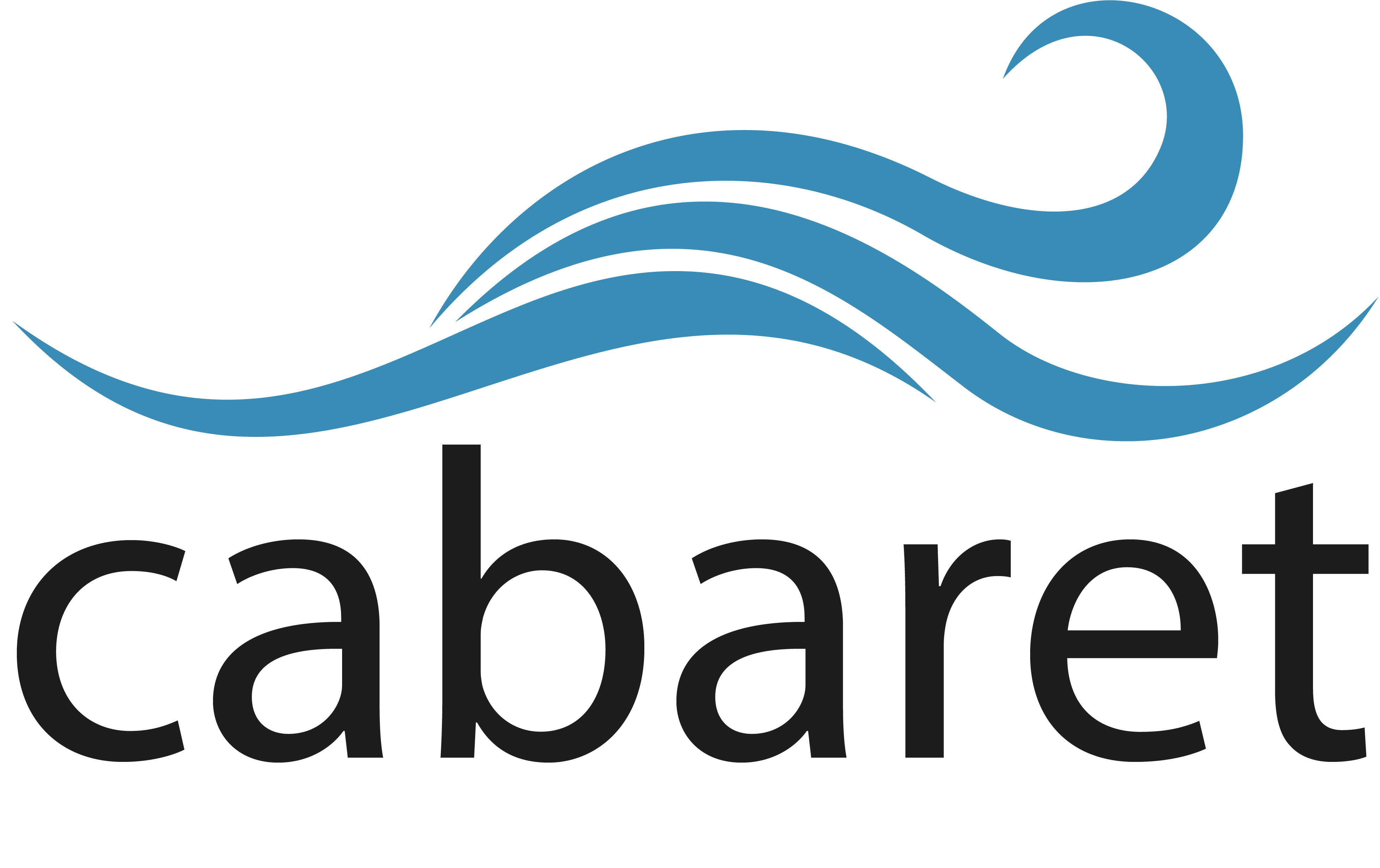An interactive workshop explored the socio-cultural complexities that occur at the interface between upstream and downstream mechanisms of the tsunami early warning system. The workshop considered: 1. How the early warning interface can be defined? 2. Who are the key actors involved in issuing the warning, conveying the warning and order for evacuation (understanding the current status)? 3. What are the decision making structures involved in issuing the warning, conveying the warning and order for evacuation (understanding the current status)? 4. What are the complexities, strengths and shortcomings of the process? 5. How to overcome the shortcomings and strengthen the interface mechanism?
The CABARET partners considered the issues in respect of the five asian countries represented at the workshop: Indonesia, Maldives, Myanmar, Philippines, Sri Lanka, with each country reporting to the wider group on their findings. The results will inform a larger, Ocean wide study of the issues, and feedback to capacity building plans for the Indian Ocean Early Warning and Mitigation System (IOTWMS), to be reported at the Intergovernmental Coordination Group of IOTWMS event in Hyderabad, India during mid-2018.


